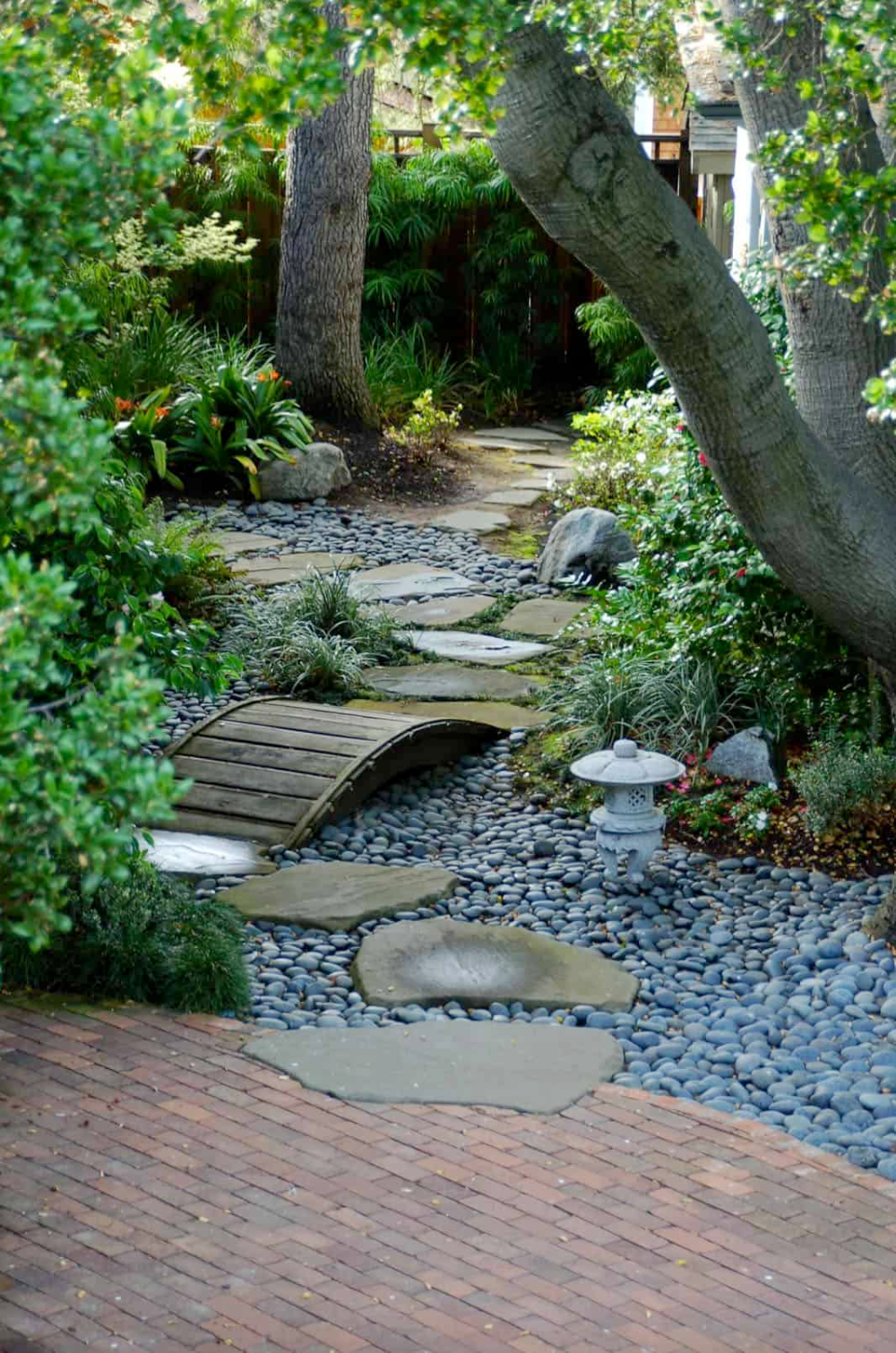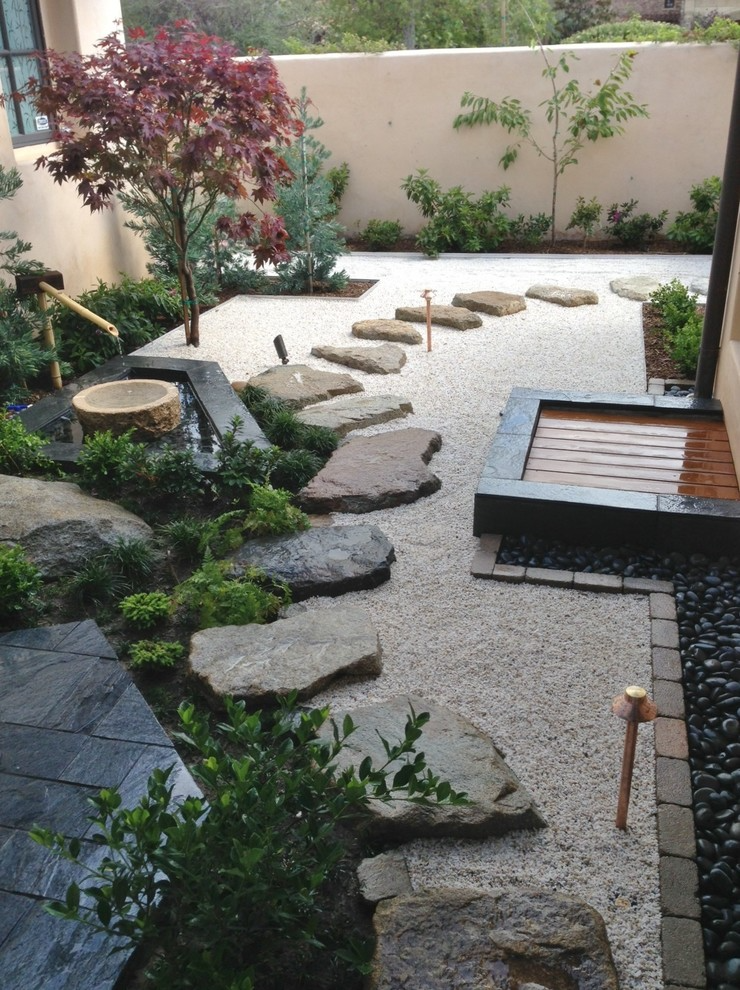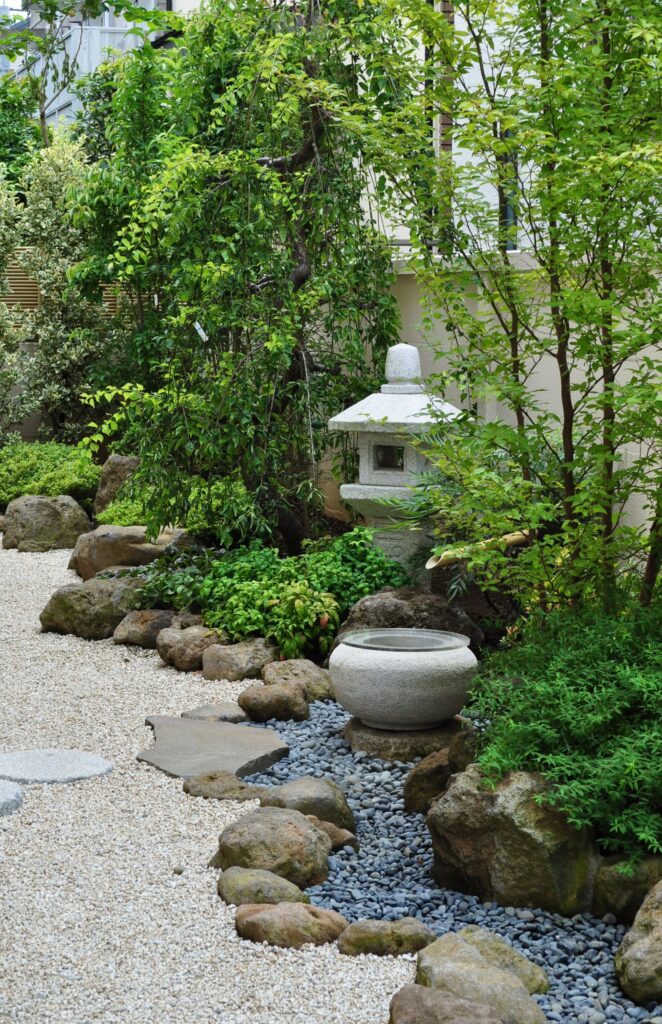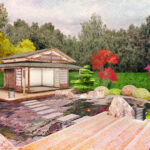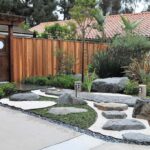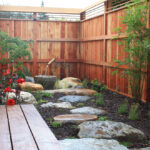Zen garden design is a traditional Japanese art form that has been practiced for centuries. These serene and minimalist gardens are designed to evoke a sense of tranquility, balance, and harmony with nature. The design principles of a zen garden are rooted in the concept of wabi-sabi, which values imperfection, simplicity, and the beauty of natural materials.
One of the key elements of a zen garden is the use of rocks and gravel to create a sense of order and structure. The rocks are carefully arranged in patterns that represent natural elements such as mountains, rivers, or islands. The gravel is raked in smooth, flowing lines to mimic the movement of water or wind. These elements work together to create a sense of calm and serenity for the viewer.
Another important element of zen garden design is the use of plants, such as moss, bonsai trees, and bamboo. These plants are carefully chosen for their ability to thrive in a minimalist environment and add a touch of greenery to the garden. The plants are often pruned and shaped to create a sense of balance and harmony with the surrounding rocks and gravel.
Water features are also common in zen garden design, such as small ponds or streams. These features add a sense of movement and sound to the garden, which can help to create a meditative atmosphere. The sound of flowing water is said to have a calming effect on the mind and body, making it a popular choice for zen gardens.
In addition to rocks, gravel, plants, and water features, zen gardens often include symbolic elements such as lanterns, bridges, and gates. These elements are meant to evoke a sense of mystery and contemplation for the viewer, encouraging them to slow down and appreciate the beauty of the garden. These elements are often placed strategically throughout the garden to create a sense of balance and flow.
Overall, zen garden design is a powerful tool for creating a sense of peace and tranquility in an outdoor space. By focusing on simplicity, balance, and harmony with nature, a zen garden can provide a sanctuary for relaxation and contemplation in the midst of our busy lives. Whether you have a large backyard or a small balcony, incorporating zen garden design principles can help you create a peaceful retreat that nourishes the mind, body, and spirit.
 yishifashion Where Outdoor Dreams Become Reality
yishifashion Where Outdoor Dreams Become Reality
